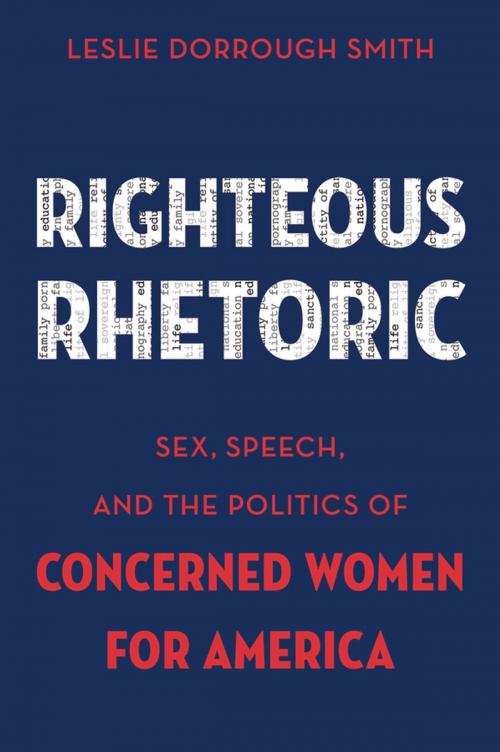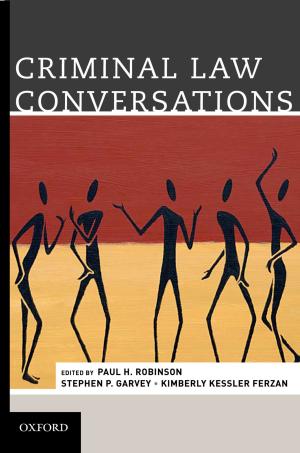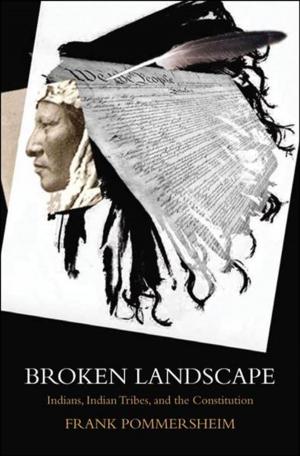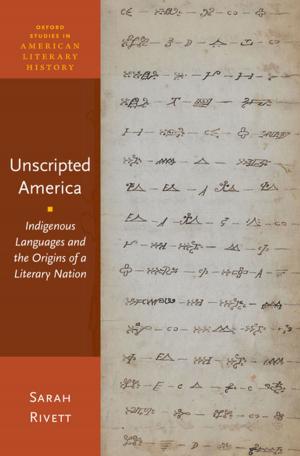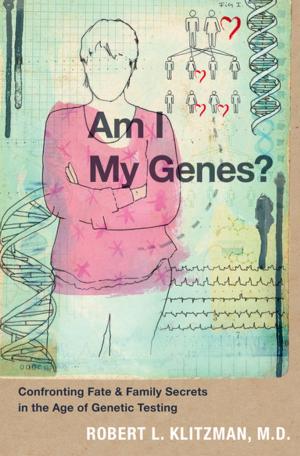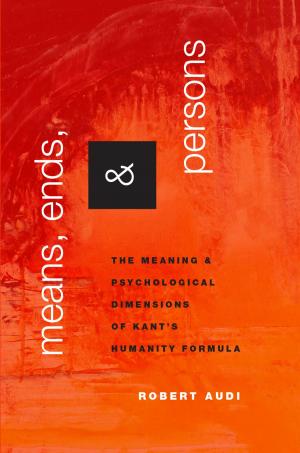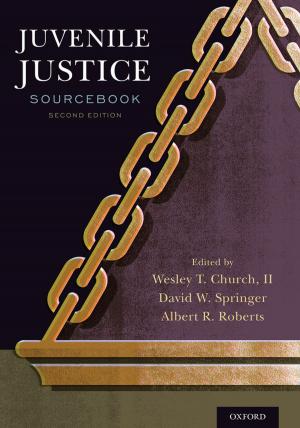Righteous Rhetoric
Sex, Speech, and the Politics of Concerned Women for America
Nonfiction, Religion & Spirituality, Other Practices, Fundamentalism, Christianity, Church, Church & State, Evangelism| Author: | Leslie Dorrough Smith | ISBN: | 9780199337521 |
| Publisher: | Oxford University Press | Publication: | March 4, 2014 |
| Imprint: | Oxford University Press | Language: | English |
| Author: | Leslie Dorrough Smith |
| ISBN: | 9780199337521 |
| Publisher: | Oxford University Press |
| Publication: | March 4, 2014 |
| Imprint: | Oxford University Press |
| Language: | English |
Scholars who study the Christian Right often claim that the movement's distinction lies in its moral absolutism and religious fervor. Through a detailed study of the sexually-charged rhetoric of one of America's largest conservative women's organizations, Concerned Women for America (CWA), Righteous Rhetoric argues that the absolute platforms for which CWA is known are not the linchpin of its political power. Rather, such absolutes are the byproduct of a more fundamental rhetorical process called "chaos rhetoric," a type of speech designed to create a heightened sense of social chaos and threat. In response, CWA is able to flexibly counter this negative emotion by crafting a positive identity for itself, shifting in ways that are politically advantageous in the tumultuous cultural contests that occur over sex, gender, and reproduction. However powerful this technique may prove, Righteous Rhetoric demonstrates that chaos rhetoric is not unique to CWA, but is a ubiquitous tactic used by almost all groups in the fight for social dominance. Where CWA and the Christian Right's true source of distinction lies is thus not in unique theologies or political tactics, but in the ability to fuse its own identity with America's most beloved symbols in such a way that its own existence is rendered inseparable from the nation's very survival.
Scholars who study the Christian Right often claim that the movement's distinction lies in its moral absolutism and religious fervor. Through a detailed study of the sexually-charged rhetoric of one of America's largest conservative women's organizations, Concerned Women for America (CWA), Righteous Rhetoric argues that the absolute platforms for which CWA is known are not the linchpin of its political power. Rather, such absolutes are the byproduct of a more fundamental rhetorical process called "chaos rhetoric," a type of speech designed to create a heightened sense of social chaos and threat. In response, CWA is able to flexibly counter this negative emotion by crafting a positive identity for itself, shifting in ways that are politically advantageous in the tumultuous cultural contests that occur over sex, gender, and reproduction. However powerful this technique may prove, Righteous Rhetoric demonstrates that chaos rhetoric is not unique to CWA, but is a ubiquitous tactic used by almost all groups in the fight for social dominance. Where CWA and the Christian Right's true source of distinction lies is thus not in unique theologies or political tactics, but in the ability to fuse its own identity with America's most beloved symbols in such a way that its own existence is rendered inseparable from the nation's very survival.
